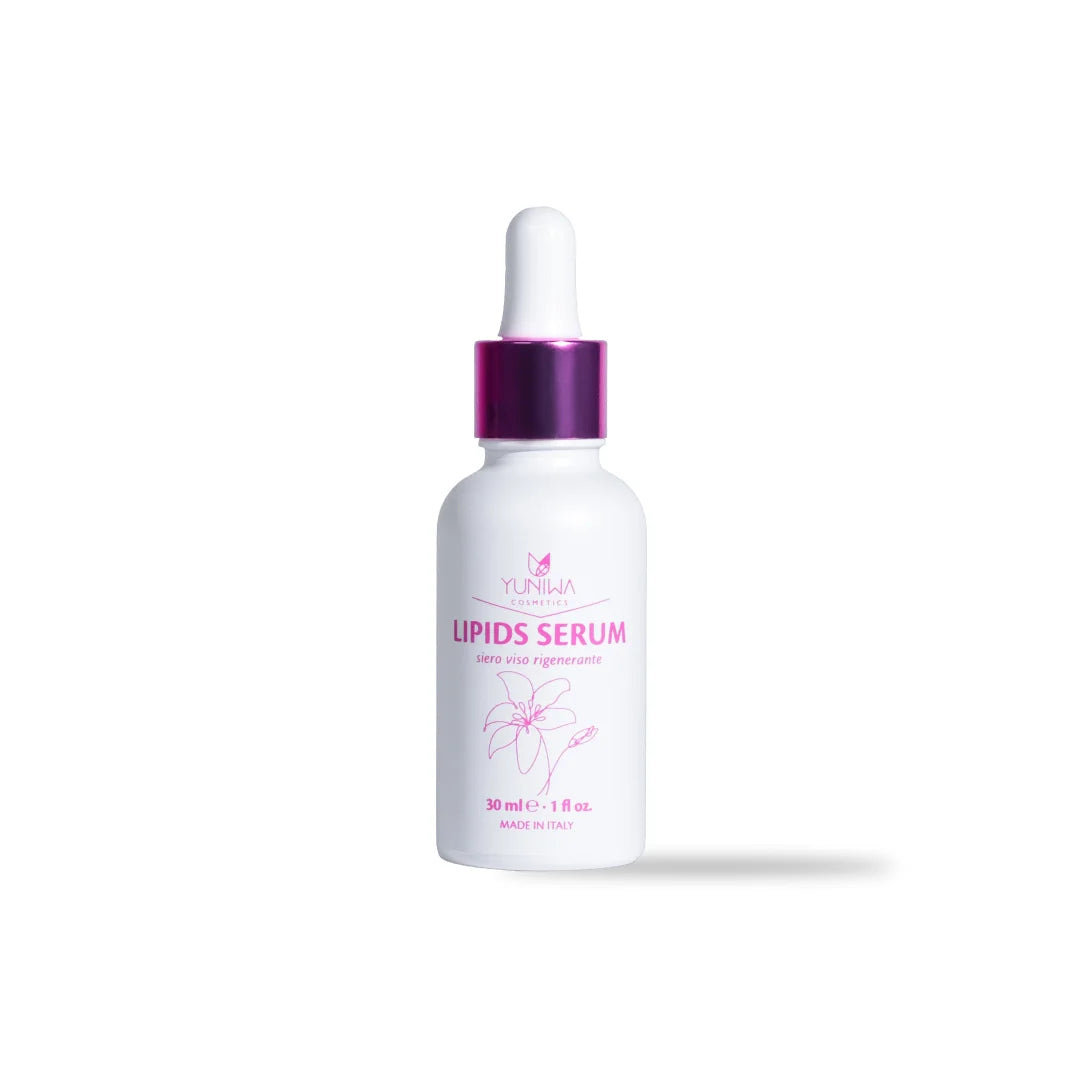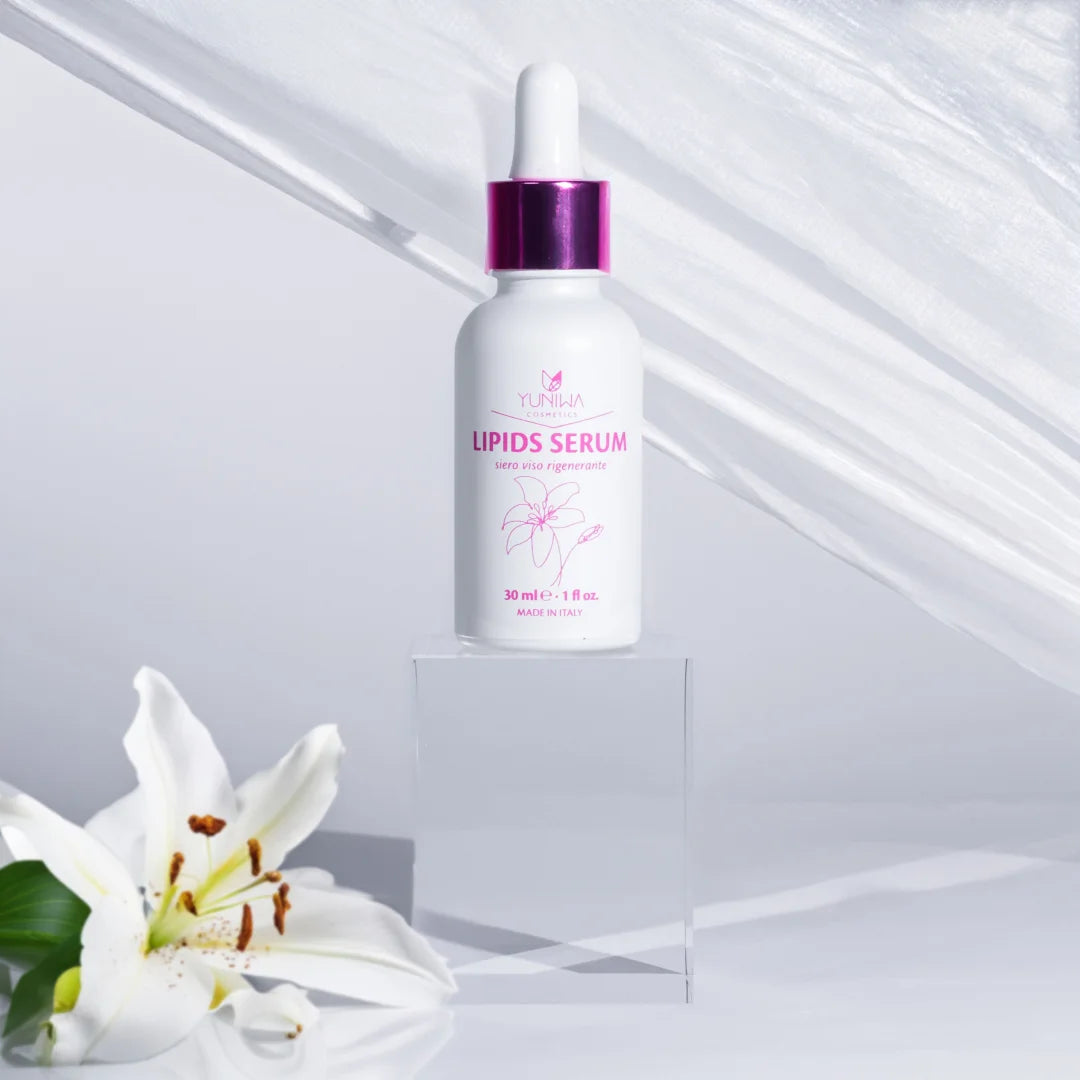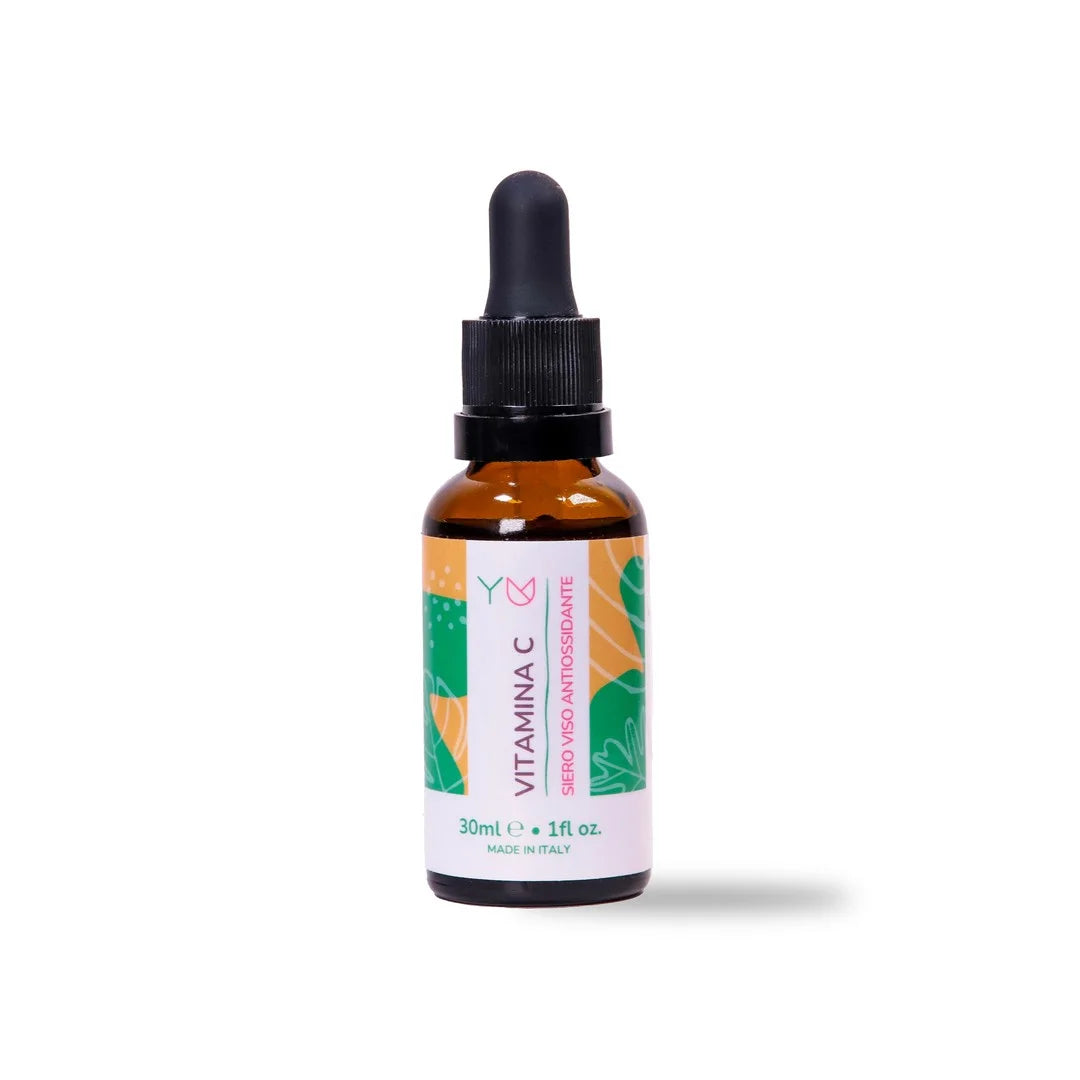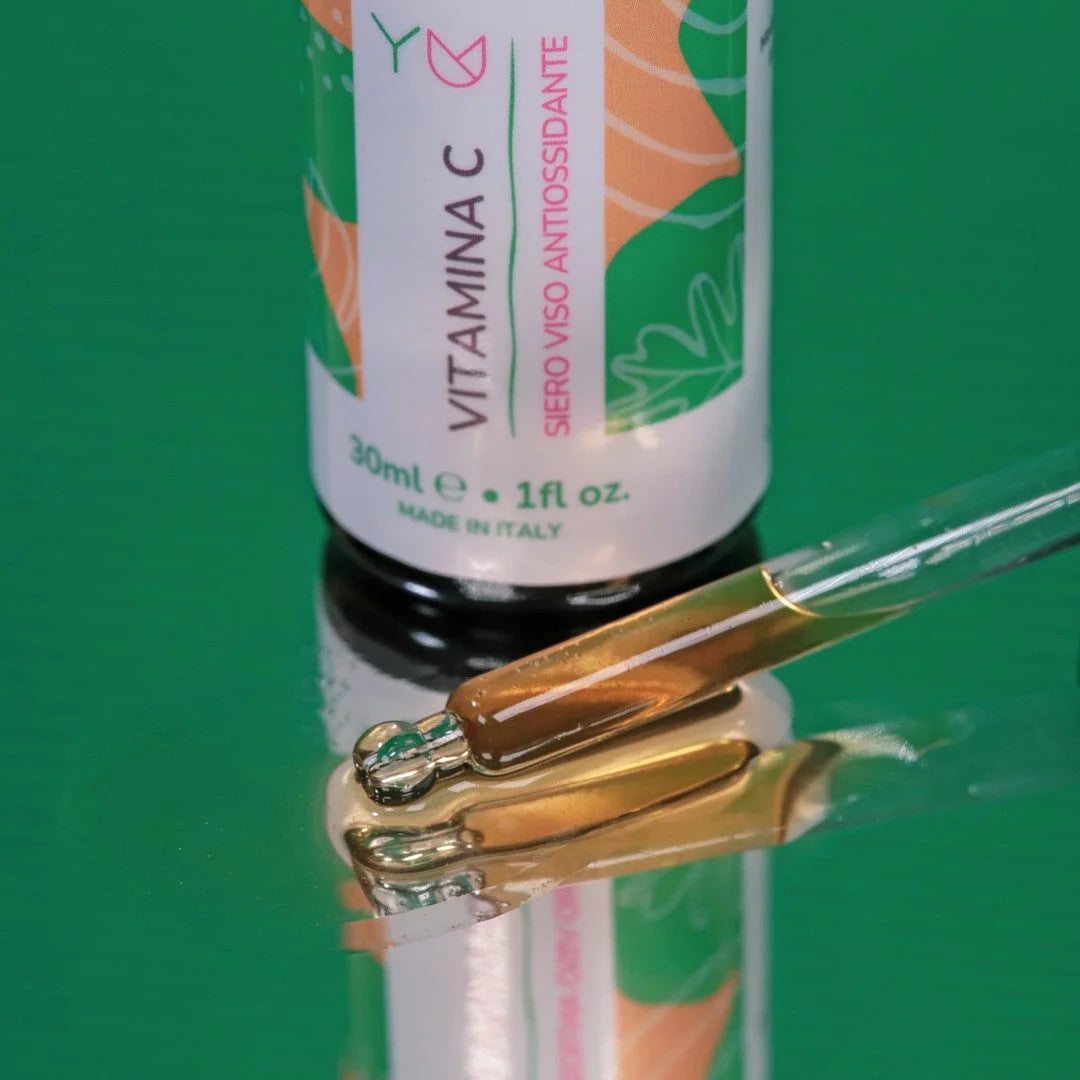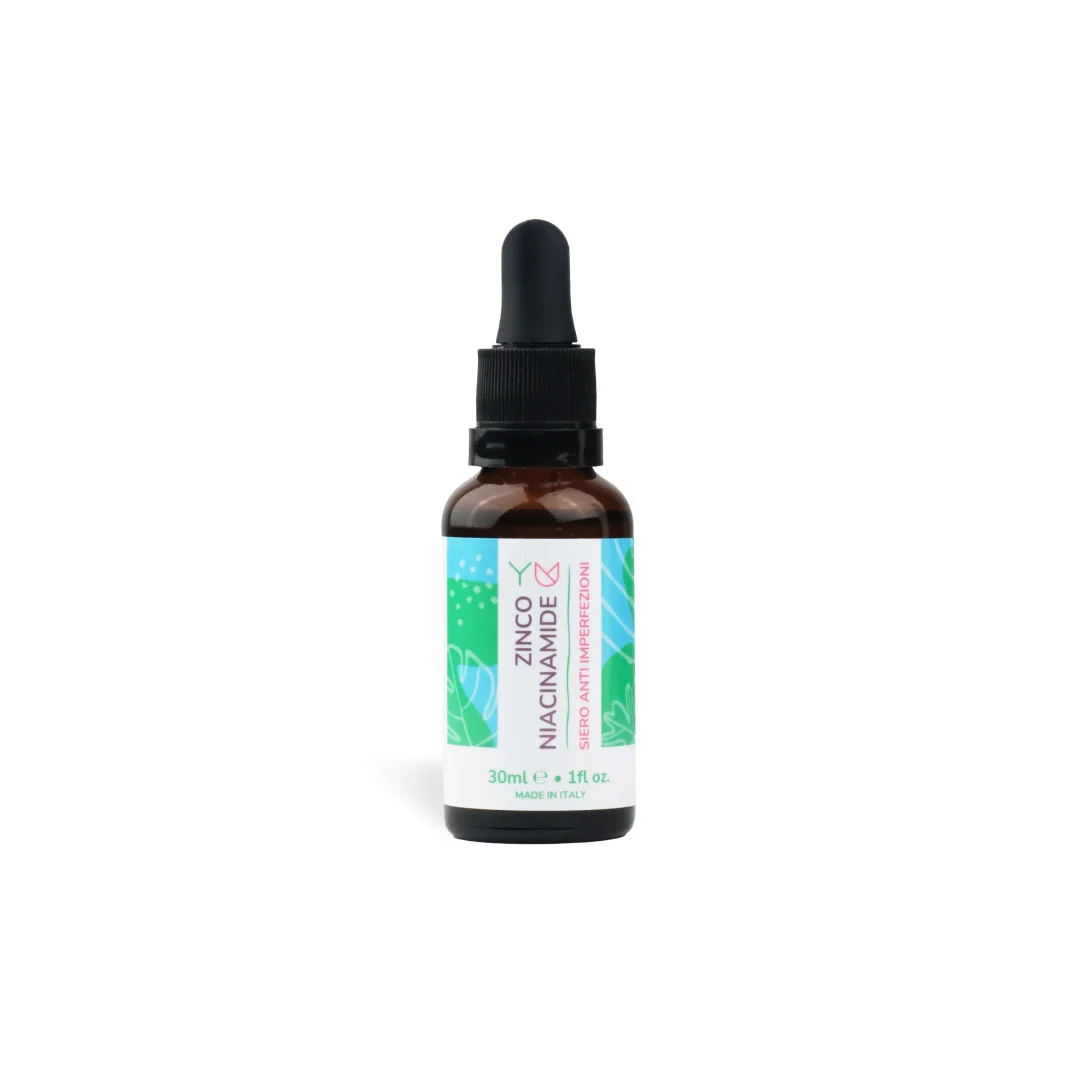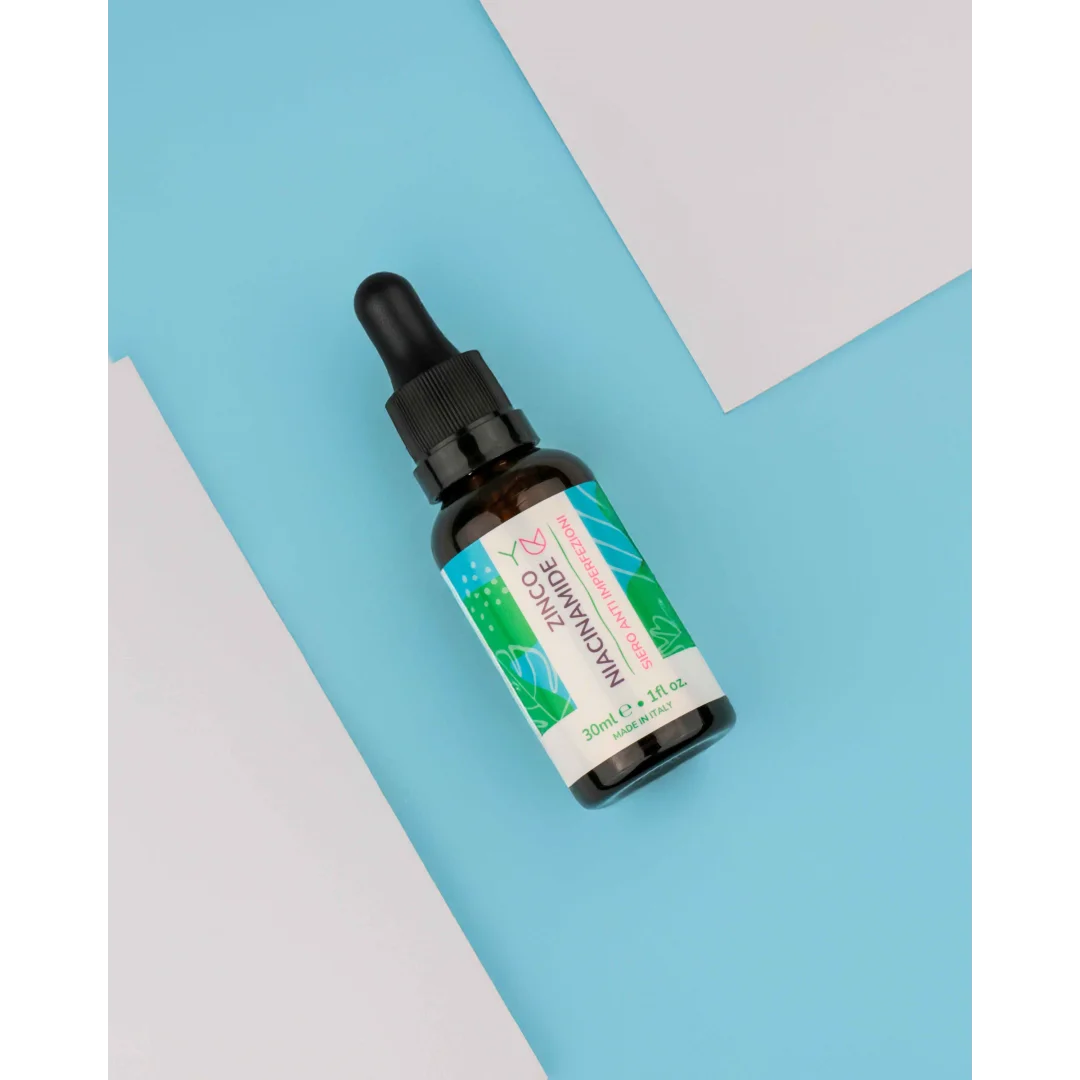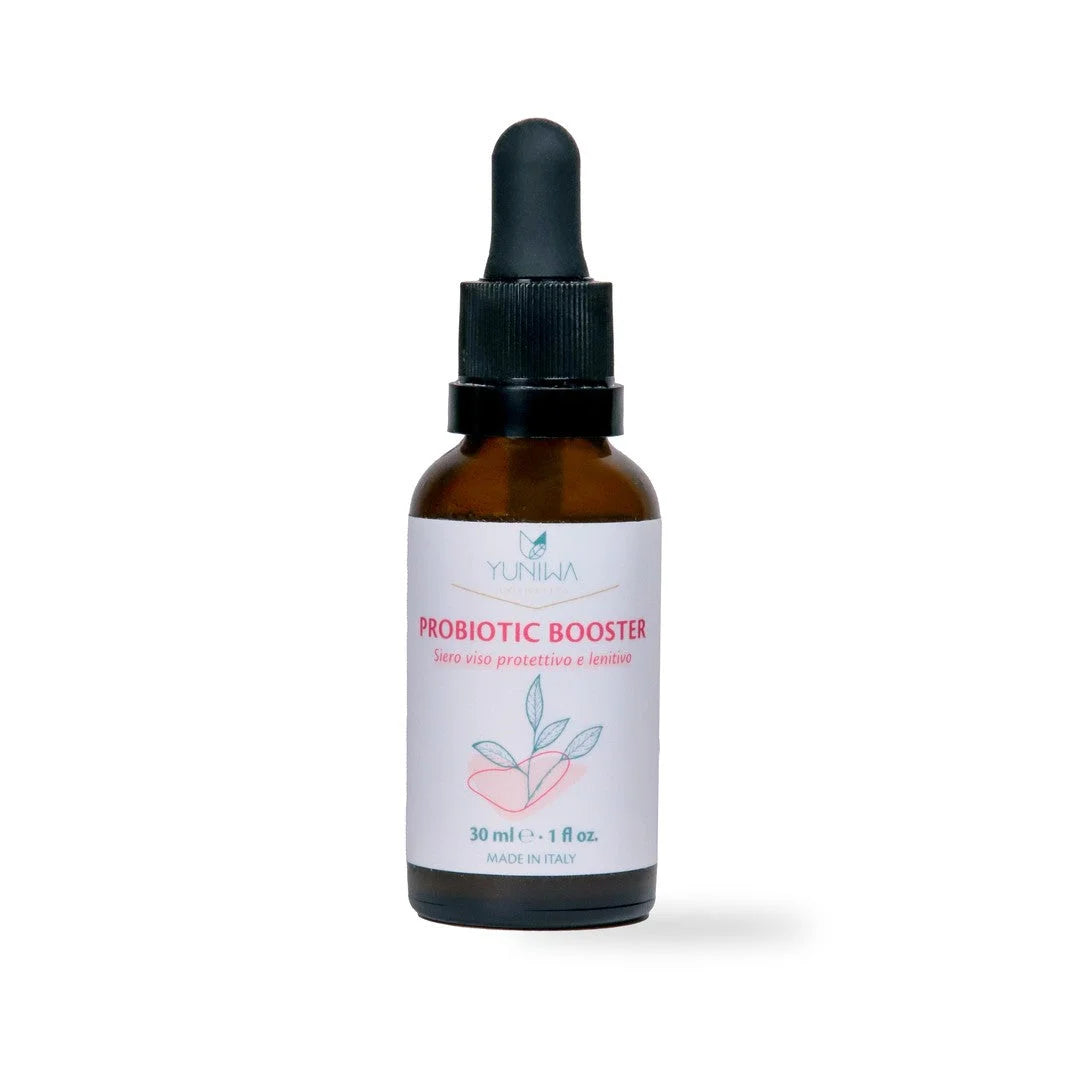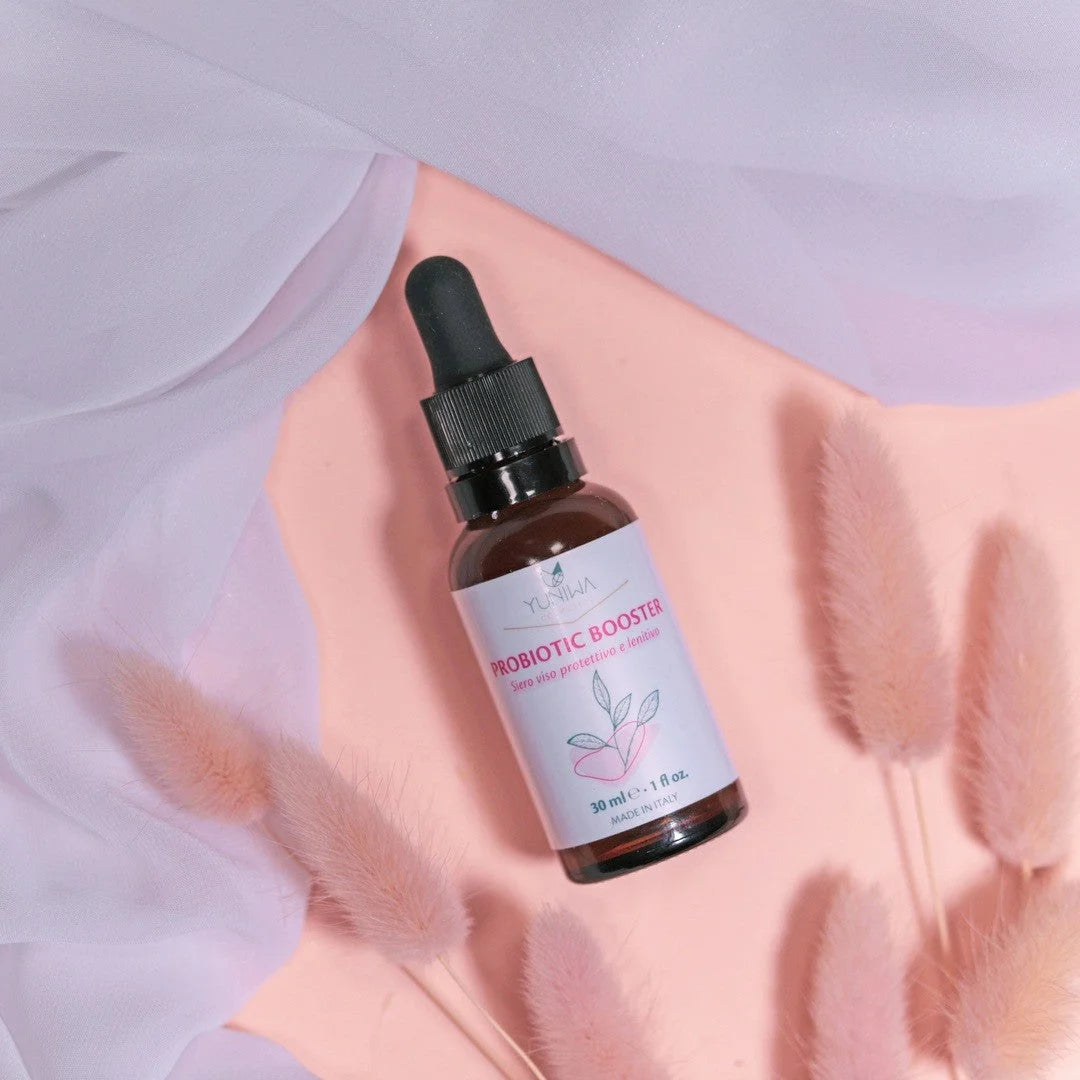Encyclopedia of Active Ingredients in Skincare
Active ingredients are the heart of every skincare routine. Knowing them and knowing how to use them correctly allows you to choose the products best suited to your skin's needs. On this page, you'll find an overview of the most important natural and dermocosmetic active ingredients, with in-depth articles and a matrix that helps you connect each goal (anti-blemish, anti-aging, hydration, soothing) to the most suitable active ingredients.
Articles on Skincare Ingredients
-
Antioxidants for Skin: What They Are and Which Ones to Use
I'm sure that when you read the labels of your skincare products, you often find "antioxidant ingredients" listed. But what are antiox...
-
Bava di Lumaca: a cosa serve e come usarla
La bava di lumaca è uno degli ingredienti più amati nel mondo della skincare naturale. Ricca di principi attivi preziosi, è famosa per la...
-
What is Vitamin C for in Skincare and How to Use It
Vitamin C is your ally in skincare to fight wrinkles and blemishes and give you smooth, luminous and even skin. Find out what vitamin C ...
-
What are ceramides and why you should include them in your skincare
Ceramides are lipids, fats, naturally present in our skin. More than 50% of our skin barrier is made up of these molecules, which work t...
-
What does comedogenic mean and comedogenic ingredients
Comedogenic is a term we often read, but what does it mean? And what are the ingredients classified as comedogenic? Who should pay atten...
-
Niacinamide: Here's How It Helps Your Skin
Niacinamide is a versatile ingredient, suitable for all skin types, which can improve the condition of the skin in various skin problems...
-
Peptides: What They Are and Why Use Them
Have you heard of peptides ? They are the latest generation ingredients in the world of anti-aging cosmetics, true allies for younger an...
-
Probiotics for Skincare: What They Are and How to Use Them
Probiotics in skincare are an innovative and indispensable ingredient in every facial routine: they help you protect your skin and rebal...
-
Lifting effect cosmetics with Pullulan
Pullulan is a completely natural ingredient, which is obtained from a mushroom called Aureobasidium pullulans. Pullulan is a completely...
-
Retinol: What it is, how to use it and what are the benefits for the skin
Retinol is one of the most famous ingredients in skincare , thanks to its ability to effectively combat the signs of aging . Retinol i...
- Anti-blemish → Vitamin C, Retinol, Niacinamide
- Anti-aging → Retinol, Peptides, Antioxidants, Snail Slime
- Hydration → Ceramides, Hyaluronic Acid, Probiotics
-
Sensitive skin → Niacinamide, Probiotics, Natural soothing extracts
- Detox/Anti-pollution → Antioxidants, Pullulan
Natural Products for Specific Problems
Vendor: Yuniwa Cosmetics
Type:
Regenerating Anti-Aging Face Serum - Lipids Serum
Vendor: Yuniwa Cosmetics
Type:
Vitamin C - Antioxidant Face Serum
Vendor: Yuniwa Cosmetics
Type:
Zinc & Niacinamide - Anti-Blemish Face Serum
Vendor: Yuniwa Cosmetics
Type:
Hyaluronic Acid - Hydrating Face Serum
Vendor: Yuniwa Cosmetics
Type:
Probiotic Booster - Facial Serum for Stressed Skin
Vendor: Latte e Luna
Type:
Vit-A Booster Retinol – Illuminating and Regenerating Anti-Aging Fluid
Frequently Asked Questions about Skincare Ingredients
When to use retinol?
Retinol should be introduced gradually, in the evening, 2–3 times a week, increasing the frequency based on skin tolerance. Always combine with SPF in the morning.
Can I use niacinamide and vitamin C together?
Yes, the new formulations are compatible. In synergy, they help improve radiance and reduce dark spots and discolorations.
What is the best active ingredient for sensitive skin?
Niacinamide and probiotics are ideal: they strengthen the skin barrier and reduce redness and sensitivity.
How long does it take to see the benefits of the active ingredients?
On average 4–8 weeks, depending on the type of active ingredient and consistency of use.
Are natural ingredients always safe?
Natural doesn't automatically mean suitable for everyone: even natural ingredients can cause reactions. A patch test is always recommended.
Can I use multiple serums together?
Yes, you can combine multiple serums if they have complementary functions (e.g., moisturizing + anti-blemish). It's best not to apply too many strong active ingredients at once to avoid irritation.
Continue Your Skincare Journey
Learn how to build a simple and essential routine.
Find targeted solutions for acne, blemishes and other conditions.
Explore advanced practices and rituals to optimize your skincare routine.
Return to the main skincare page




























